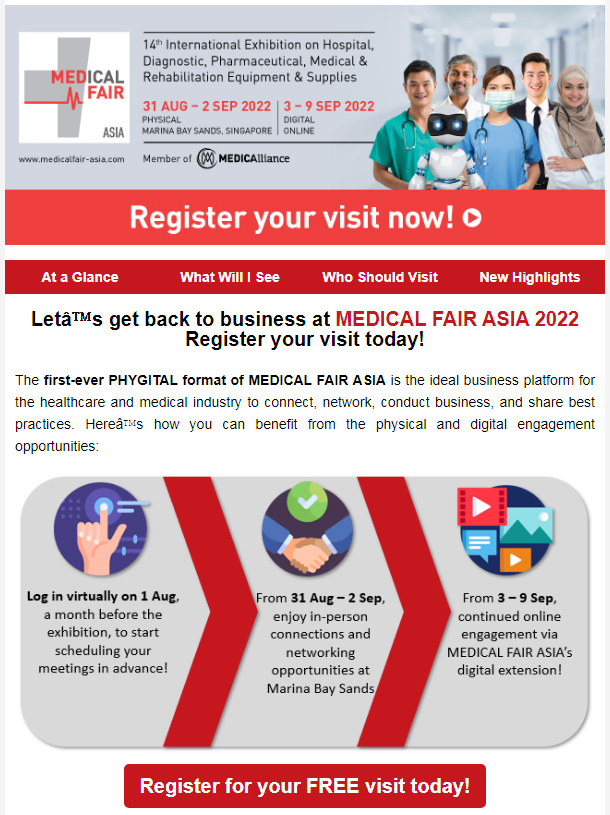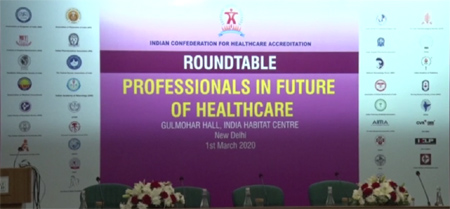Patient Safety Advice

- Ask questions if you have doubts or concerns. Ask questions and make sure you understand the answers. Choose a doctor you feel comfortable talking to. Take a relative or friend with you to help you ask questions and understand the answers.
- Keep and bring a list of ALL the medicines you take. Give your doctor and pharmacist a list of all the medicines that you take, including non-prescription medicines. Tell them about any drug allergies you have. Ask about side effects and what to avoid while taking the medicine. Read the label when you get your medicine, including all warnings. Make sure your medicine is what the doctor ordered and know how to use it. Ask the pharmacist about your medicine if it looks different than you expected.
- Get the results of any test of procedure. Ask when and how you will get the results of tests or procedures. Don’t assume the results are fine if you do not get them when expected, be it in person, by phone, or by mail. Call your doctor and ask for your results. Ask what the results mean for your care.
- Talk to your doctor about which hospital is best for your health needs. Ask your doctor about which hospital has the best care and results for your condition if you have more than one hospital to choose from. Be sure you understand the instructions you get about follow-up care when you leave the hospital.
- Make sure you understand what will happen if you need surgery. Make sure you, your doctor, and your surgeon all agree on exactly what will be done during the operation. Ask your doctor, “Who will manage my care when I am in the hospital?” Ask your surgeon:
- Exactly what will you be doing?
- About how long will it take?
- What will happen after the surgery?
- How can I expect to feel during recovery?
Tell the surgeon, anesthesiologist, and nurses about any allergies, bad reaction to anesthesia, and any medications you are taking.





